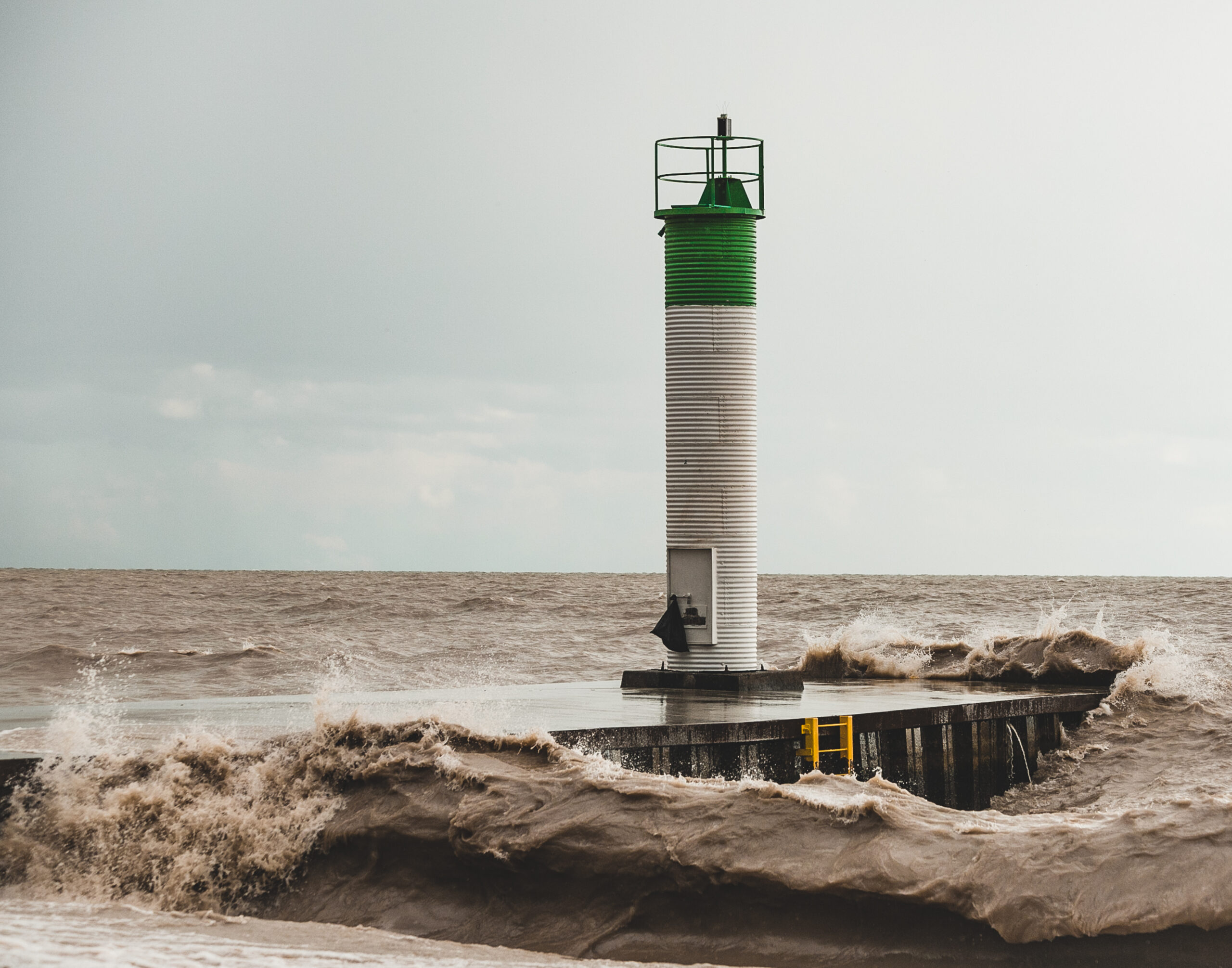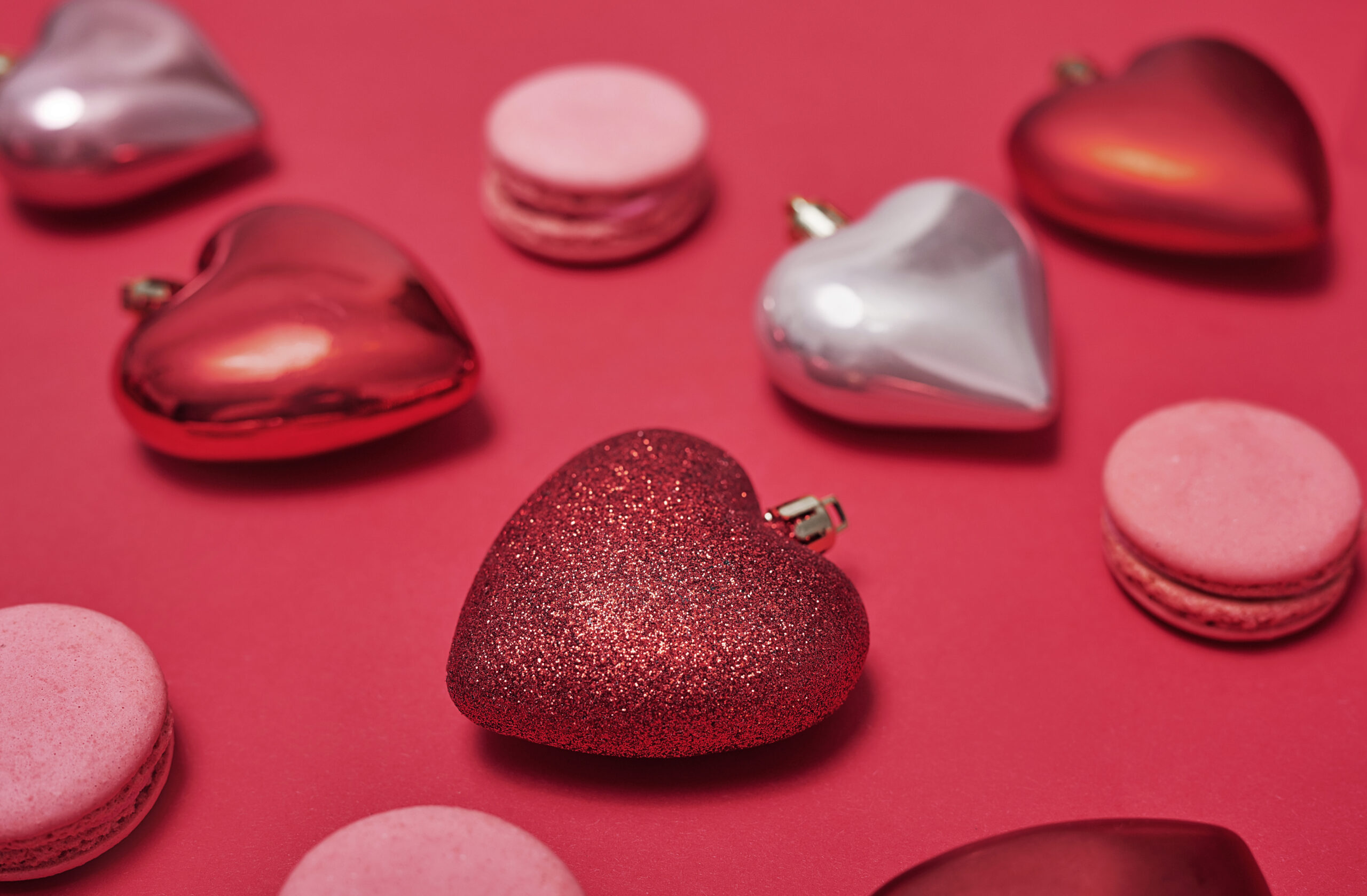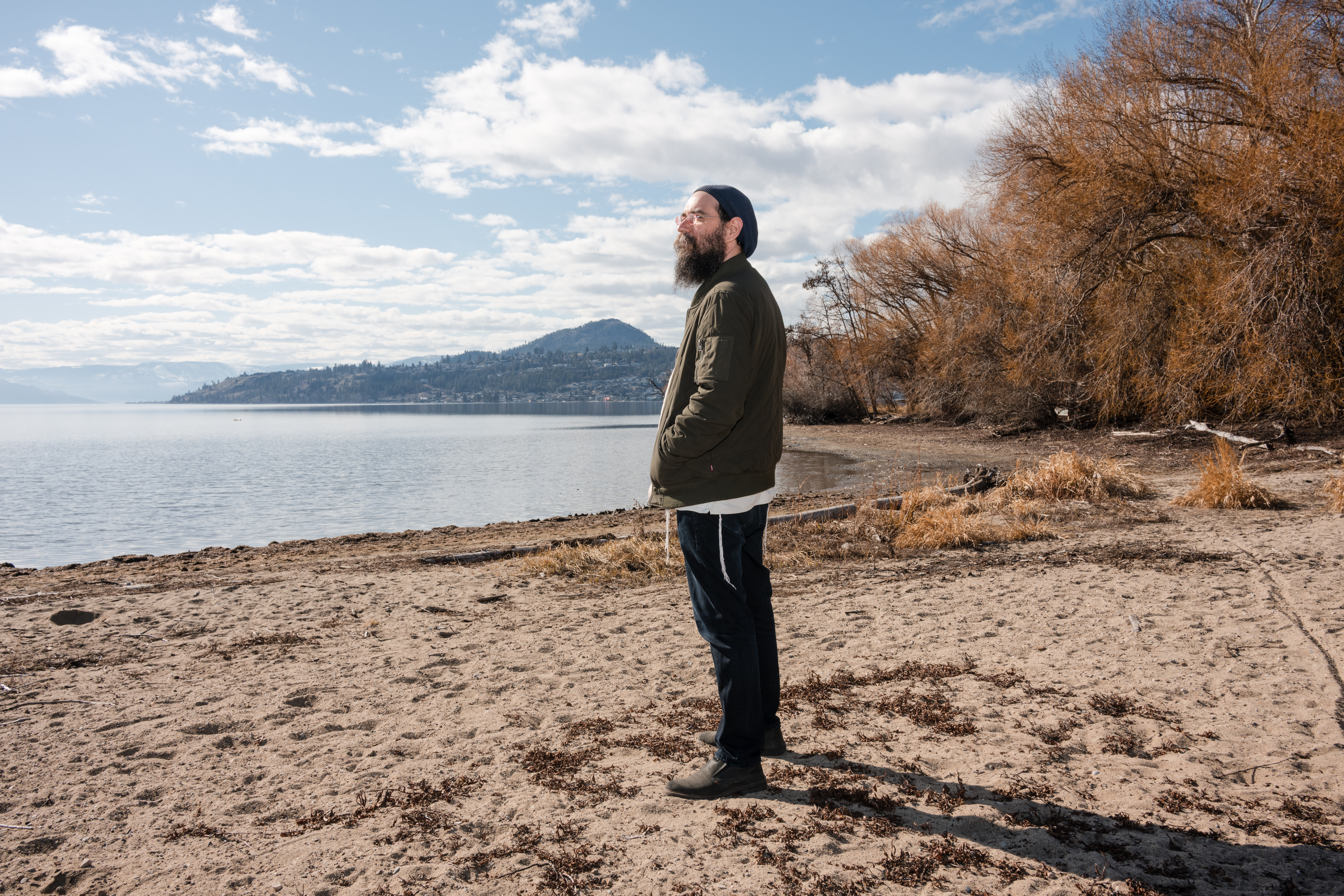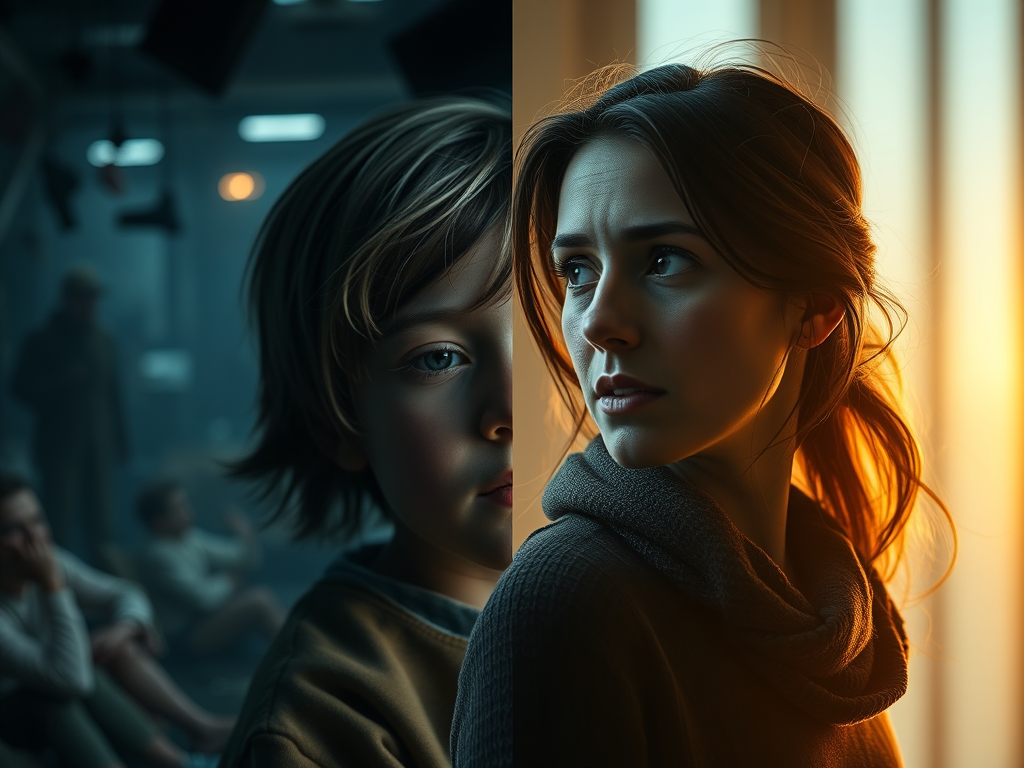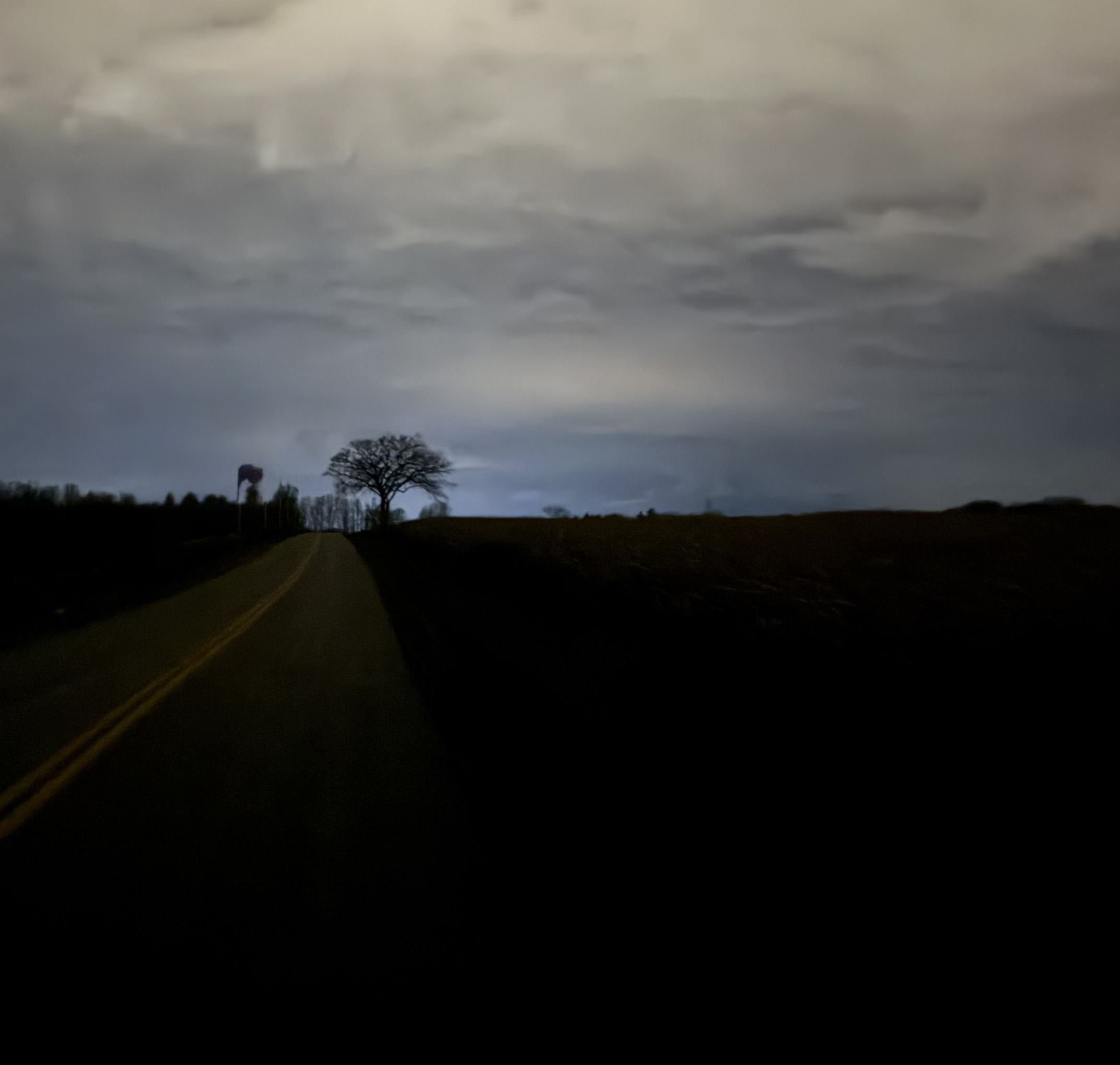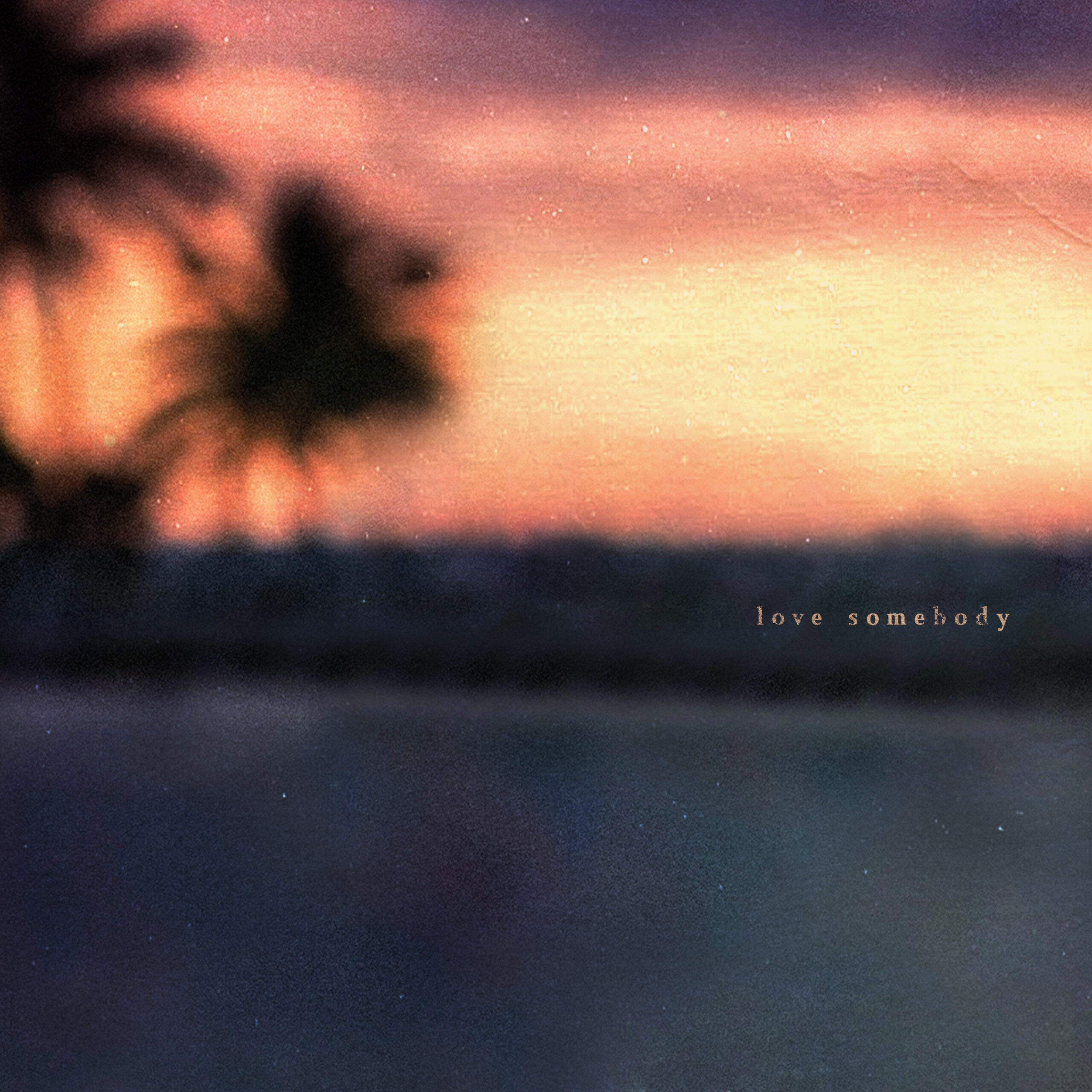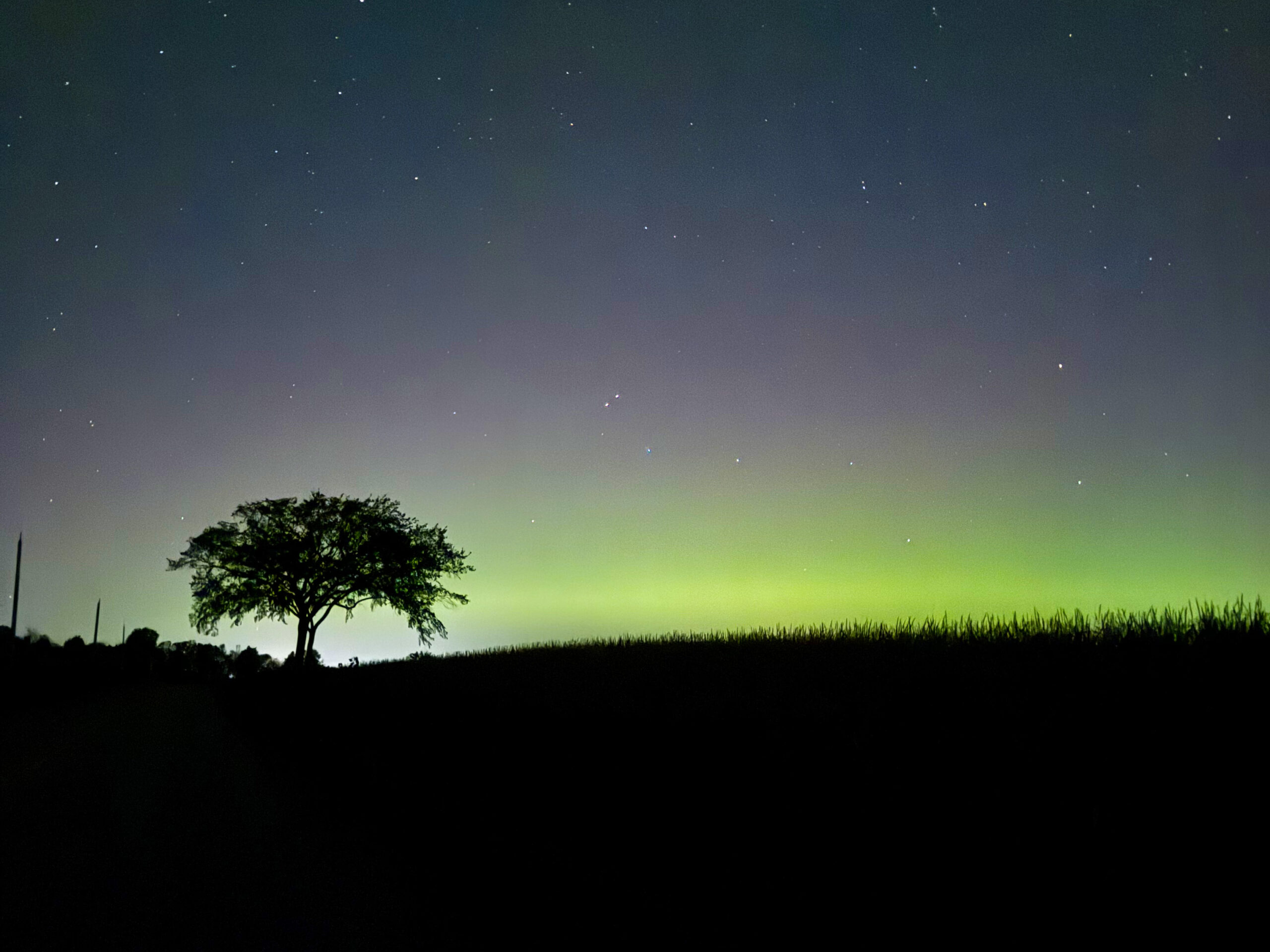
Although summer passed in the blink of an eye, it was one of the most meaningful ones I’ve had in years. I spent time at the trailer with my family — days filled with laughter, late-night campfires, and the pure joy of watching my daughter-in-law and grandson embrace the trailer life. I even made it to Nashville with my daughter, which felt like a dream come full circle.
But behind those moments of sunshine was a quieter story. Therapy became my anchor this summer — not just because I’d gained weight, but because I was carrying the heaviness of an on-again, off-again relationship with my former partner and the unhealed trauma we both endured in our lives.
It’s crazy to think that after living together and it not working, I still believed that getting back together — without resolving our issues — would somehow fix things. Research shows that 40–50% of couples reconcile after breaking up, but less than 30% of those relationships last long-term. I became part of that statistic, hoping for a new outcome in an old story.
Each reunion felt like pressing “repeat” on the same sad song — the verses unchanged, the ending painfully familiar. The truth is, most couples who reconcile do so out of comfort, loneliness, or the illusion that time apart has healed everything. Psychologists call it relationship cycling, and more than one-third of adults admit they’ve been caught in that loop.
My therapist, who’s guided me since losing my parents, told me to take things slow. But I jumped in with both feet because I missed the noise, the company, the illusion of love. What I didn’t realize was that familiarity isn’t peace — it’s just silence dressed up as safety.
Looking back, I can see that what I thought was love was really fear. Fear of change. Fear of being alone. Fear of starting over. And every time I went back, I confused forgiveness with reconciliation and hope with healing.
The Lesson in Letting Go
Although this person was a good person, he wasn’t good for me. His unresolved trauma — years of emotional abuse he had never faced — spilled into our relationship. And my own wounds, from being cheated on and lied to in the past, made me suspicious of every inconsistency. My gut was always screaming, but I kept silencing it with hope.
We keep in touch and that’s fine. He checks out my social and webs and I’m totally ok with him and anyone else too. We had five years together and memories were made, he made a lot of good friends and my family adored him. Really, he saw them more than anyone else. So checking in on him and his health isn’t a bad thing right?
When two people come together without healing what hurt them before, love turns into a battlefield of triggers. Every misunderstanding becomes a flashback, every silence feels like rejection, and every reassurance fades the moment reality sets in. It’s not that he didn’t care — he did, in his way. But care without self-awareness eventually becomes chaos.
Over the summer, each time we tried again, I promised myself I’d do things differently. I finally began creating the boundaries required to co-exist and have any chance of success. I stopped trying to manage his emotions and started protecting my own. For the first time, I wasn’t trying to fix him — I was trying to save myself.
Still, boundaries can’t heal what both people won’t acknowledge. That’s because love alone isn’t enough to fix what trauma breaks. It takes therapy, accountability, and an equal desire to grow.
There were moments when I saw the softness in him — the kind, wounded parts that reminded me why I went back. But love rooted in pain has an expiration date. We kept trying to patch over deep cracks instead of repairing the foundation. The more I tried to hold things together, the more I lost pieces of myself in the process.
I used to think that giving someone another chance was a sign of strength. Now I know that sometimes, strength is finally admitting that you can’t be the healer in someone else’s story while you’re still trying to heal yourself.
The Freedom in Finally Stopping the Cycle
There’s another truth I can’t ignore — we weren’t helping each other heal. What started as shared comfort slowly became shared escape. We both leaned on alcohol more than we should have, convincing ourselves that it was just how we coped, how we took the edge off. But in reality, we were only numbing the things we didn’t want to face.
Drinking made the good nights lighter and the bad nights darker. It blurred the lines between love and dependency. We weren’t partners helping each other grow; we were mirrors reflecting back the parts we each refused to fix. And when two people are stuck in survival mode, no amount of affection can create safety. When I decided to drink less, things became more strained. Alcohol is the killer to most relationships. Such a horrible addiction, where I’m working on my own sober journey.
As well, I had to face a difficult truth: if there ever came a time when he needed medical care, I knew that eventually someone else would step in and say, “We’ve got him now — you can go.” That thought terrified me. The idea of losing someone I genuinely cared about, not because of death but because of another person’s control, felt deeply unfair. I was always aware of that possibility, and more than once, my instincts about it were proven right. As painful as it is to admit, it’s better that it ends now — for both of us.
The truth is, I loved him. I still care about him. But I’ve finally accepted that loving someone doesn’t always mean you’re meant to stay. Sometimes love is learning to let go — not out of bitterness, but out of respect for both of you.
So today, I’m ending the cycle — the endless hope, the heartbreak, the going back just to feel something familiar. I’m choosing peace and it feels so right this time. I wish him nothing but happiness with someone who can love and accept him for who he is. Whomever decides to be with him is the lucky one in fact. He’s fun. He’s outgoing and can make friends easily. People, who have no judgement on how people “should” be, really enjoys his company. He really was and is a wonderful person in many ways.
A Lesson Shared and a Piece of Advice From Someone Who Has Been There
Just last week, someone close to me came to talk about ending a long-term relationship. It’s a family atmosphere and emotions run deep. I listened, and while I understood their pain, I encouraged them to seek counselling before closing the door completely. Trying to reopen that door after a final decision has been made is nearly impossible — especially when both people carry unresolved pain from their pasts.
Sometimes the hardest thing isn’t walking away — it’s knowing when to. And sometimes, it’s realizing that healing first might just change the story you were about to close.
If you’ve ever gone back hoping for a different ending, please know — you’re not alone. We return not because we’re weak, but because we believe in the goodness we once saw. But healing doesn’t always happen in the same chapter that hurt us. Sometimes, it begins the moment we stop rewriting a story that was never meant to end differently.
I’m living what many would call the perfect life, and I’m finally learning to see it. I’m an entrepreneur. I have a beautiful trailer on Lake Huron. I’m surrounded by great friends, and my mindset is growing with every experience. Next weekend, I’m heading to KWAG and the Ken Seiling Museum with new friends who’ve reintroduced me to the beauty of arts and culture in our region.
I still need to stay in my singleness (I rushed to find a date too quickly the last time), walk more, drink more water, and accept myself as the broken, yet growing, middle-aged woman that I am. Because this — this messy, evolving, grateful version of me — is what healing actually looks like.
I’m certainly giving myself the much needed time to mourn this relationship and recognize the beauty of my life, but who knows, maybe next Summer I’ll arrive at the trailer with a healthy relationship where I’m excited to introduce them to my trailer posse. It’s mine, it’s his, it’s ours, and healed and miles apart from any past trauma or abuse we both endured.
That’s the relationship I deserve.


